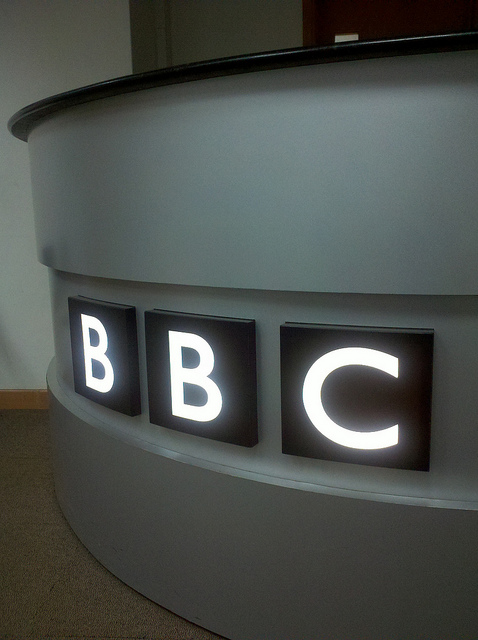 APPS
APPS
 APPS
APPS
 APPS
APPS
The British Broadcasting Corp. is on the back foot, saying it fears it’s being overtaken by on-demand streaming services such as Netflix Inc., YouTube and Spotify.
In its 2018/2019 charter, the BBC talked about how the number of younger viewers is falling because they are going instead to online services. It’s not just a matter of revenue, said the plan, but there are social ramifications as traditional news media are being pushed aside for sometimes dubious new media.
“As the trend shifts towards on-demand viewing, the BBC risks being overtaken by competitors,” said the report. In another section it stated, “Today’s media environment is increasingly global, and more and more dominated by a small number of U.S.-based media giants with extraordinary creative and financial firepower.”
That, said the report, is leading to the BBC being “squeezed out,” adding that there is a threat that British audiences will see less content that features British communities and the country as a whole.
“The global media landscape is going to be dominated by four, perhaps five, businesses on the west coast of America in the years to come,” BBC Director General, Tony Hall said in a speech.
Indeed, the report said 80 percent of young people go to Google LLC-owned YouTube for on-demand content, about 50 percent to Netflix and only 29 percent to the BBC iPlayer. The number of BBC viewers in general aged 16 to 34 is down 10 percent over the last three years.
“Our income has fallen in real terms, our ability to fund original British content has diminished,” said the report, ending that chapter with a stark warning: “The volume and breadth of British content that British audiences rely upon is now under serious threat.”
The solution, according to the Beeb, is reinvention, with a dash of new high-quality original content and a sprinkling of new talent. There will be more online videos in the future and BBC iPlayer will transform from not merely an app with catch-up programs but a destination itself with original content.
The BBC also wants to encourage the public to see that traditional journalism is more trustworthy than websites that may disseminate fake news.
That will start with an initiative in which the BBC will enter a number of schools to coach students on how to analyze and read news and not fall victim to specious reports or outright lies: “All schools will have access to free online materials, video tutorials and interactive activities to allow students to experience being a BBC journalist in the heart of the newsroom.”
Support our mission to keep content open and free by engaging with theCUBE community. Join theCUBE’s Alumni Trust Network, where technology leaders connect, share intelligence and create opportunities.
Founded by tech visionaries John Furrier and Dave Vellante, SiliconANGLE Media has built a dynamic ecosystem of industry-leading digital media brands that reach 15+ million elite tech professionals. Our new proprietary theCUBE AI Video Cloud is breaking ground in audience interaction, leveraging theCUBEai.com neural network to help technology companies make data-driven decisions and stay at the forefront of industry conversations.